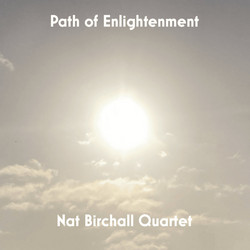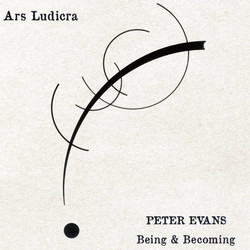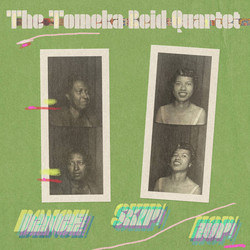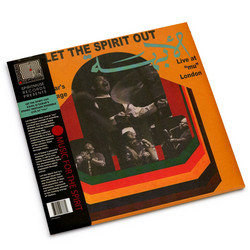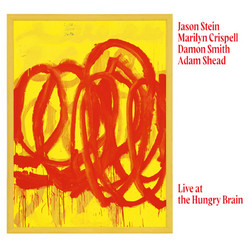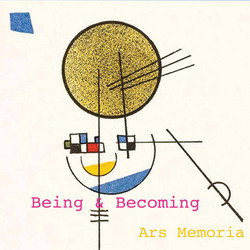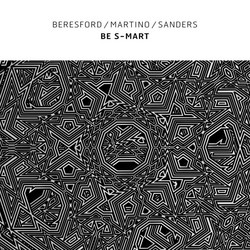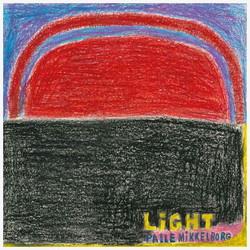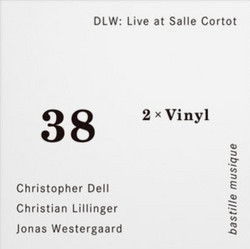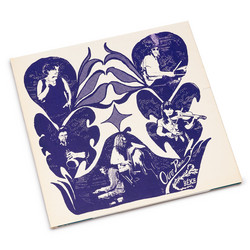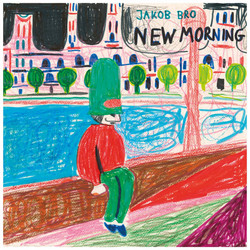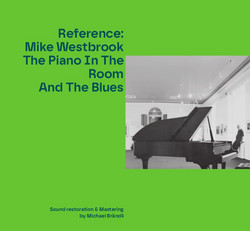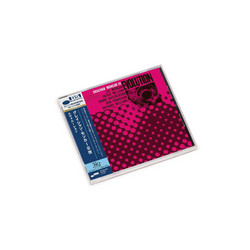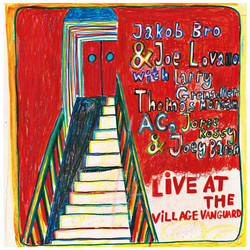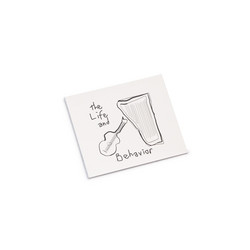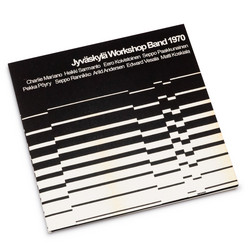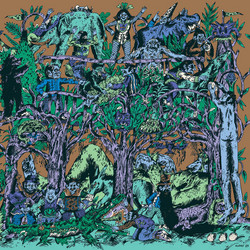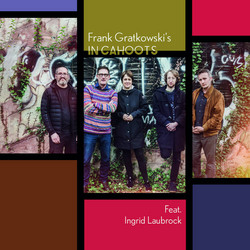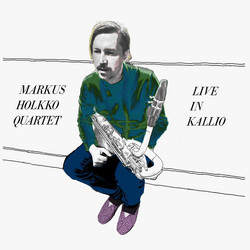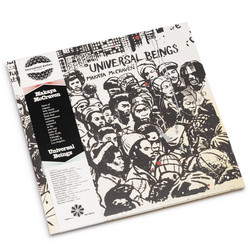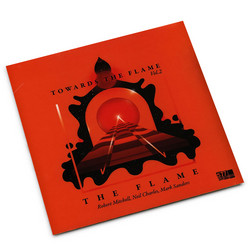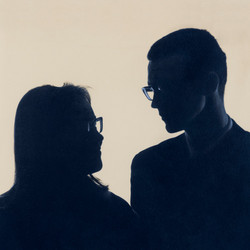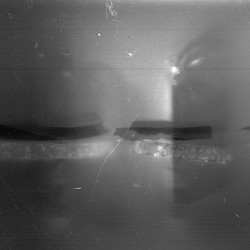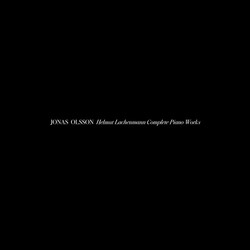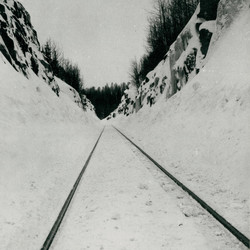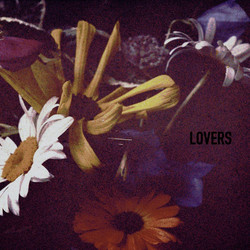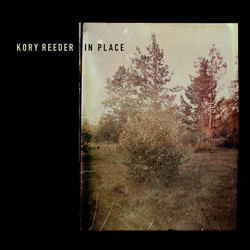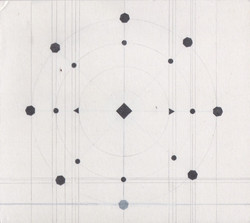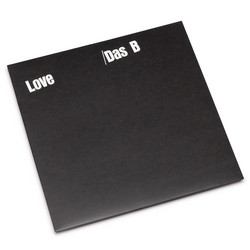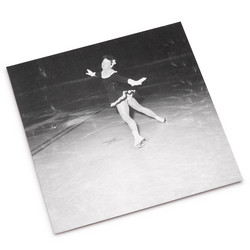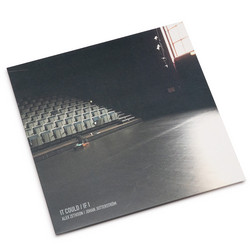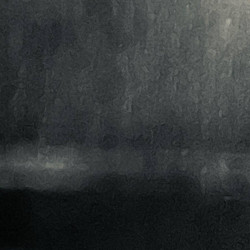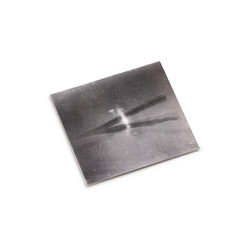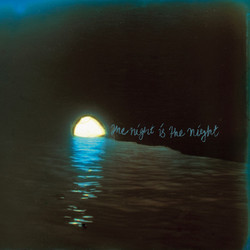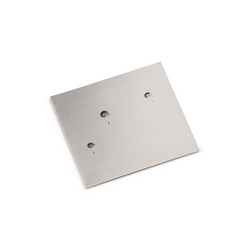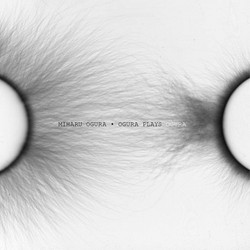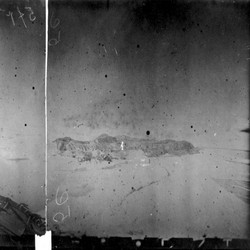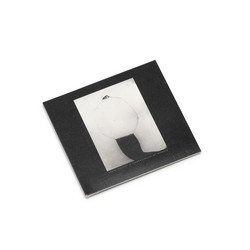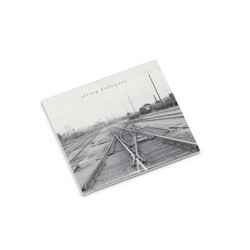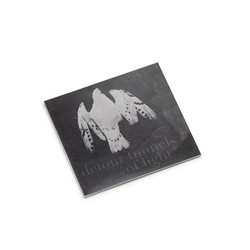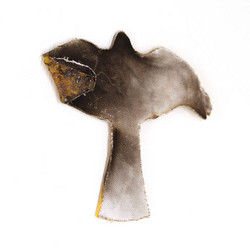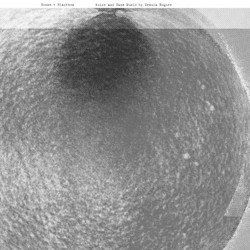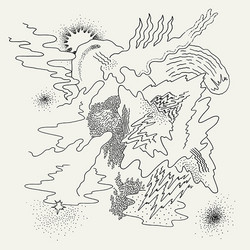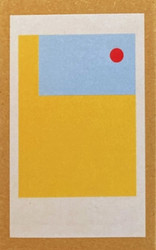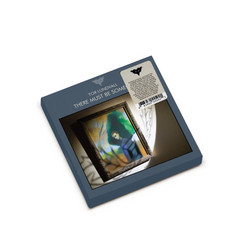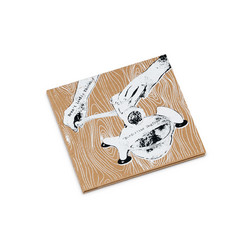For Stockholm multi-instrumentalist Tomas Hallonsten versatility, curiosity, and collaboration have been the keywords in a musical career stretching back more than two-and-a-half decades. While rooted in jazz and thriving on improvisation, he’s applied his deep musicality to countless, wildly disparate contexts. Across this dizzying array of milieus certain things have been constant: “I’m on a life-long ‘quest’, searching for a perfect combination of sounds. This has been going on for twentysomething years now, since I bought my first analogue synth, the Korg MS-20 in the 90’s.” Although he’s never put down the trumpet—the instrument he was initially trained on, and which he’s used in fiery free jazz combos like Exploding Customer—early on Hallonsten’s sonic imagination couldn’t be contained by a single horn. In experimental pop-flavored projects like Tape and Time is a Mountain, a pair of related trios with bassist Johan Berthling, and countless studio sessions for artists as diverse as Mariam the Believer, Frida Hyvönen, and Nicolai Dunger, he’s a selfless musician who nonchalantly brings whatever an individual project requires, regardless of instrument.
Although trumpet may be his first instrument, he says, “My first musical love, however, was the Hammond organ with the Leslie speaker. To me it is a perfect creation and a symphonic-orchestra in itself. And also, from my experience with these old electronic instruments, they are like individuals, two MS-20 don´t work exactly the same, they have their own deficiencies and react in different ways. Like we all do.” His comment about human quirks is something he’s learned from years and years of collaboration, the lifeblood of his practice. Finally, with his debut solo recording Monolog he’s found a way to make music alone, although for him he still got the external stimulus that drives his creativity. “I don’t normally like to play solo, but when I started jamming with the Roland CR-8000 drum machine I realized it was actually quite fun, and it gave me somewhat different ideas than I usually get. And then I thought about all the pioneers of electronic music and decided to go for this concept.” For Hallonsten the line between innovation and kitsch is thin, and headores the electronic explorations of African outlier Mamman Sani and German easy listening keyboardist Klaus Wunderlich as much a spiritual jazz pioneer Alice Coltrane. They all found ways to transform technology into a means for expression. “How did the pioneer-brains of theirs work? What made them come up with the stuff they did? How did their work process look like? I do not know, but somewhere in these questions lies the starting point that led to this recording. Trying to look ahead and backwards at the same time.”
With the arrival of the pandemic in 2020, Hallonsten suddenly had all of the time in the world to work in his studio in search of answers, all starting with the rhythms from the CR-8000, and then “jamming” together, adding overdubs on a variety of mostly outmoded keyboards, layer by layer. His melodic generosity, the warm, oddly homemade feel of the grooves, and the alternately shimmery, wobbly, and rapturous tones of the synthesizer and piano lines quickly dispense with any notion that this was an academic research. Hallonsten clearly digs pop hooks and head-nodding beats, and the six tracks here are built for pleasure. The indelibly tuneful opener “Go Ashram Go” was the first track Hallonsten made, and it opened up the path for the rest of the album. Originally written as a piano piece for a different project, it never clicked until this recording, flowing with a melody so elegant Bruce Hornsby is turning green with envy. “In Clouds Pt. 1” evokes a 70s hot tub balladry, with hints of Air’s earliest work, but then Hallonsten’s wordless falsetto melody wafts in as the vibe drifts outward toward “In Clouds Pt. 2,” which shares the same chords, but embraces a chant-like infinity inspired by the sound of the George Harrison-produced cult album—in more ways than one—Radha Krsna Temple, which rates as a personal favorite for Hallonsten. “Düsseldorf—Doula” imagines a collaboration between Kraftwerk and Francis Bebey,” with the classic motoric chug driving the collision, while a cover of Joe Henderson’s “Earth,” a limber groove monster featuring Alice Coltrane, is transformed to a slinky snake charmer marvel. The album concludes with faint echoes of Sun Ra on “Vals Antifon” that arrived in his mind like a bolt from the blue, completed in a single session.
Hallonsten’s sensibility straddles decades. His embrace of old technology is sincere and built in a connection to sound, but he’s also playful and well-aware of context. “For me it is above all a game of expression, to take familiar pieces of the puzzle, throw them up in the air, and then try to put them together in a different way,” he says.”They may not always fit, but it's still fun to try. So here are six pieces of music, five original compositions and a cover. Easy listening? Maybe not.”
